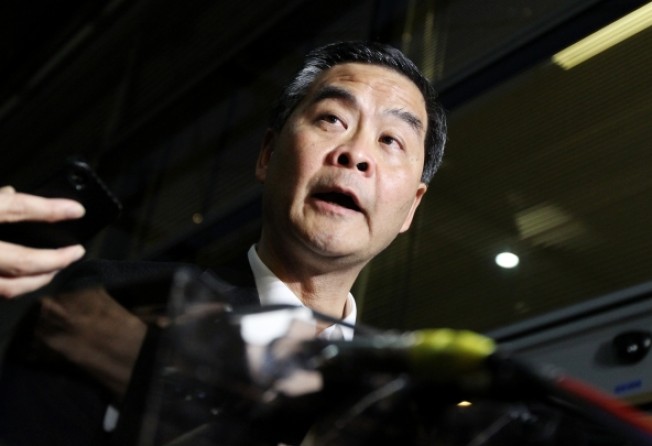US cannot hide behind excuses

When a burglary is reported, the immediate action to take is to assess the loss and damage and alert the police to investigate. With any luck, justice will then be served. So after American surveillance whistle-blower Edward Snowden revealed that Hong Kong computers had been hacked for years, the public rightly expects the government to take it up with the US.
The breadth and depth of the surveillance on Hong Kong can only be a matter of guessing at this stage. In an exclusive interview with this paper, the former CIA technical assistant said the attacks on Hong Kong cover Chinese University, public officials, businessmen and students. The information obtained remains unknown, but the success rate of the limited sample shown to the Post was more than 75 per cent. The revelation is alarming. Officials should press the US side for clarification Many protesters gathered outside the US consulate yesterday in support of Snowden called for a stop to snooping.
Chief Executive Leung Chun-ying broke his silence on the issue yesterday, saying that "when the relevant mechanism is activated", the Hong Kong government would handle Snowden's case in accordance with the city's laws. Needless to say the Snowden case is the most politically sensitive to be handled by the Leung team. He also said the government would follow up on any incidents related to the privacy or other rights of the institutions or people in Hong Kong being violated.
Hong Kong's free flow of information and capital may hold appeal to criminals of all sorts. But the city, after all, is known to be a responsible global citizen rather than a hotbed of terrorism and illicit activities. Given our good record in complying with international standards and requests for help in criminal investigations, it begs the question why clandestine surveillance is still necessary.
Social networking site Facebook revealed that it had received up to 10,000 requests for user data in the second half of 2012, covering some 19,000 users' accounts. Microsoft said it had received requests on about 31,000 consumer accounts during the period. It is good that more light has been shed on the scale of the problem. The US authorities owe Hong Kong and the world a full account of its cyberattacks. It cannot hide behind the excuse of national security and hack anyone it wants. Our government should also press for clarification.